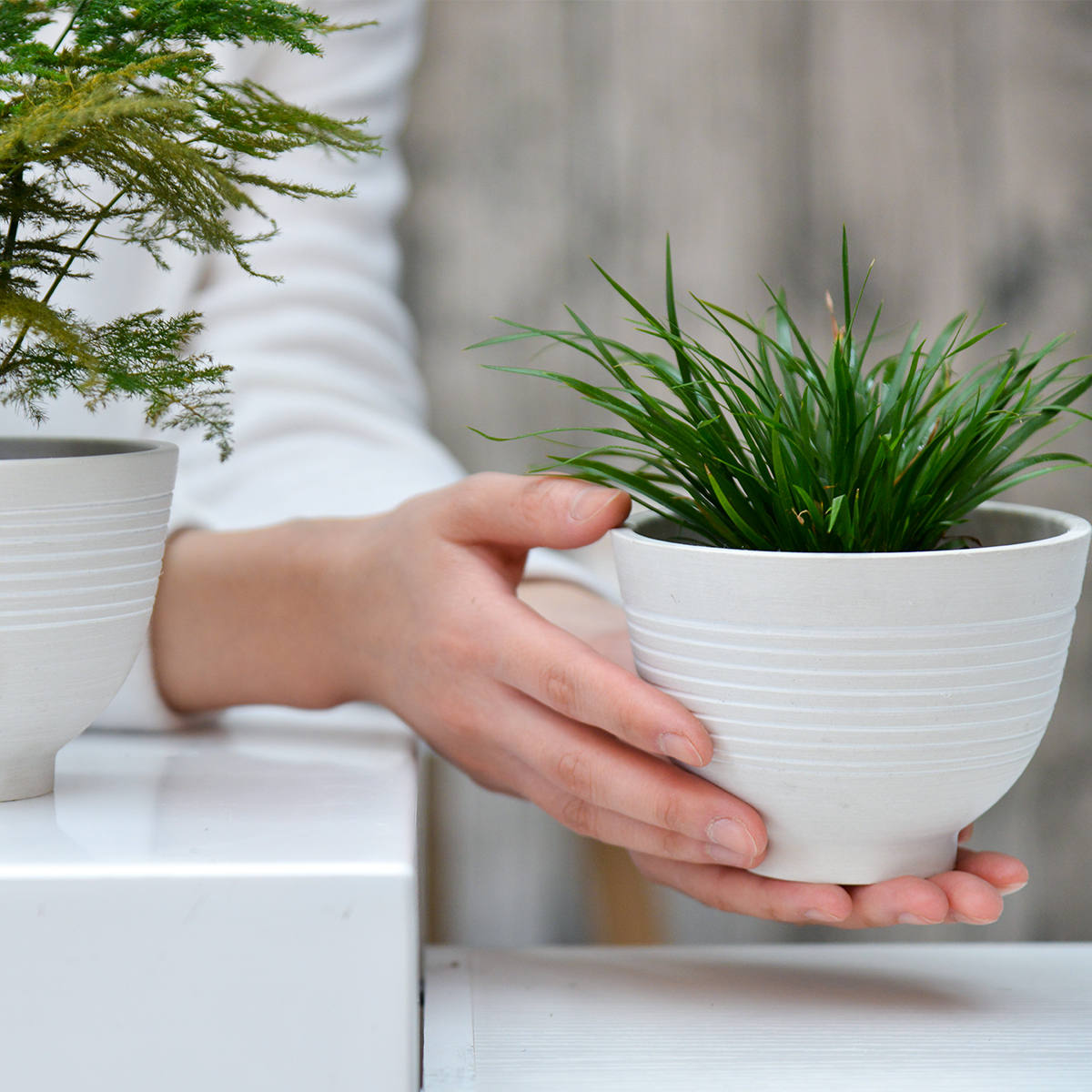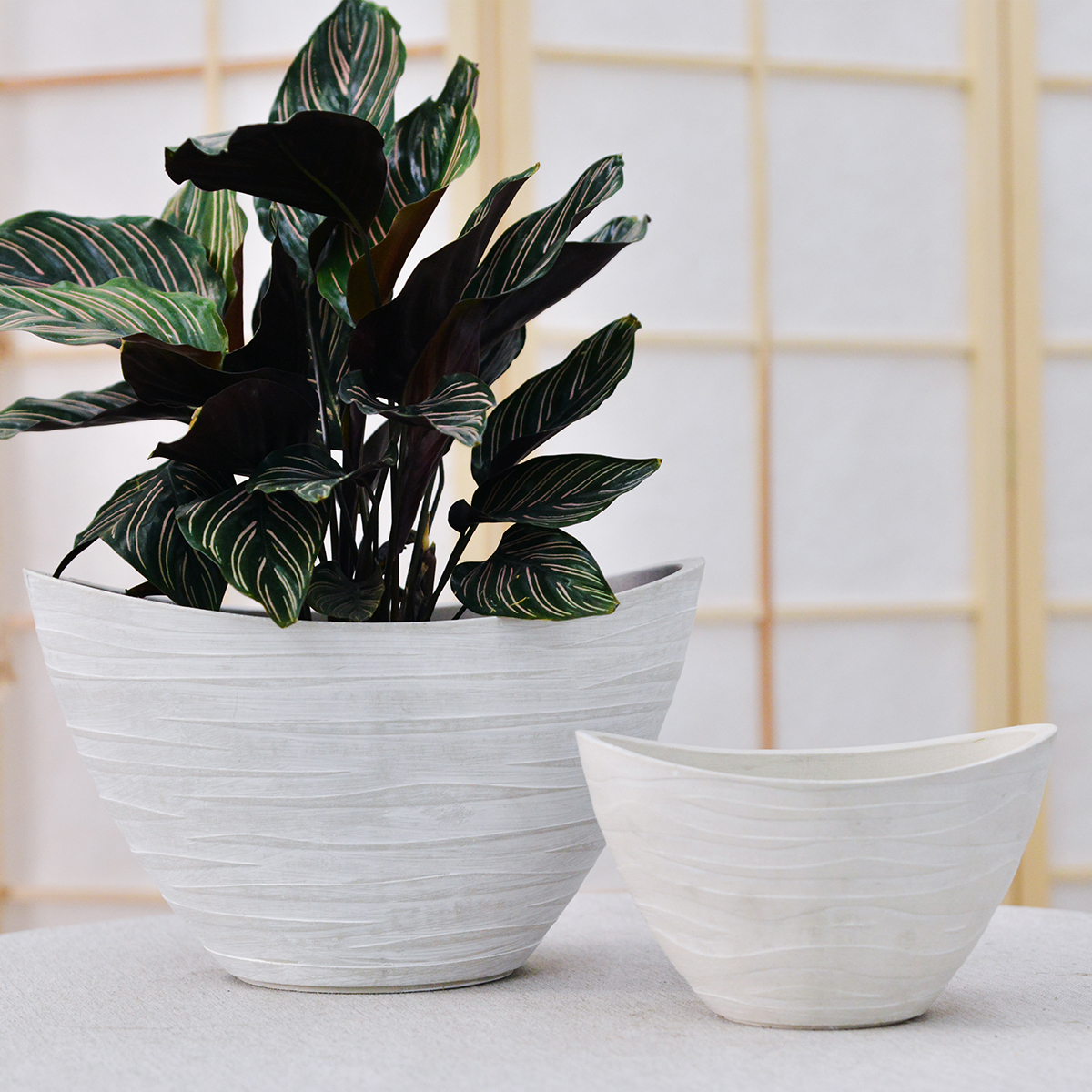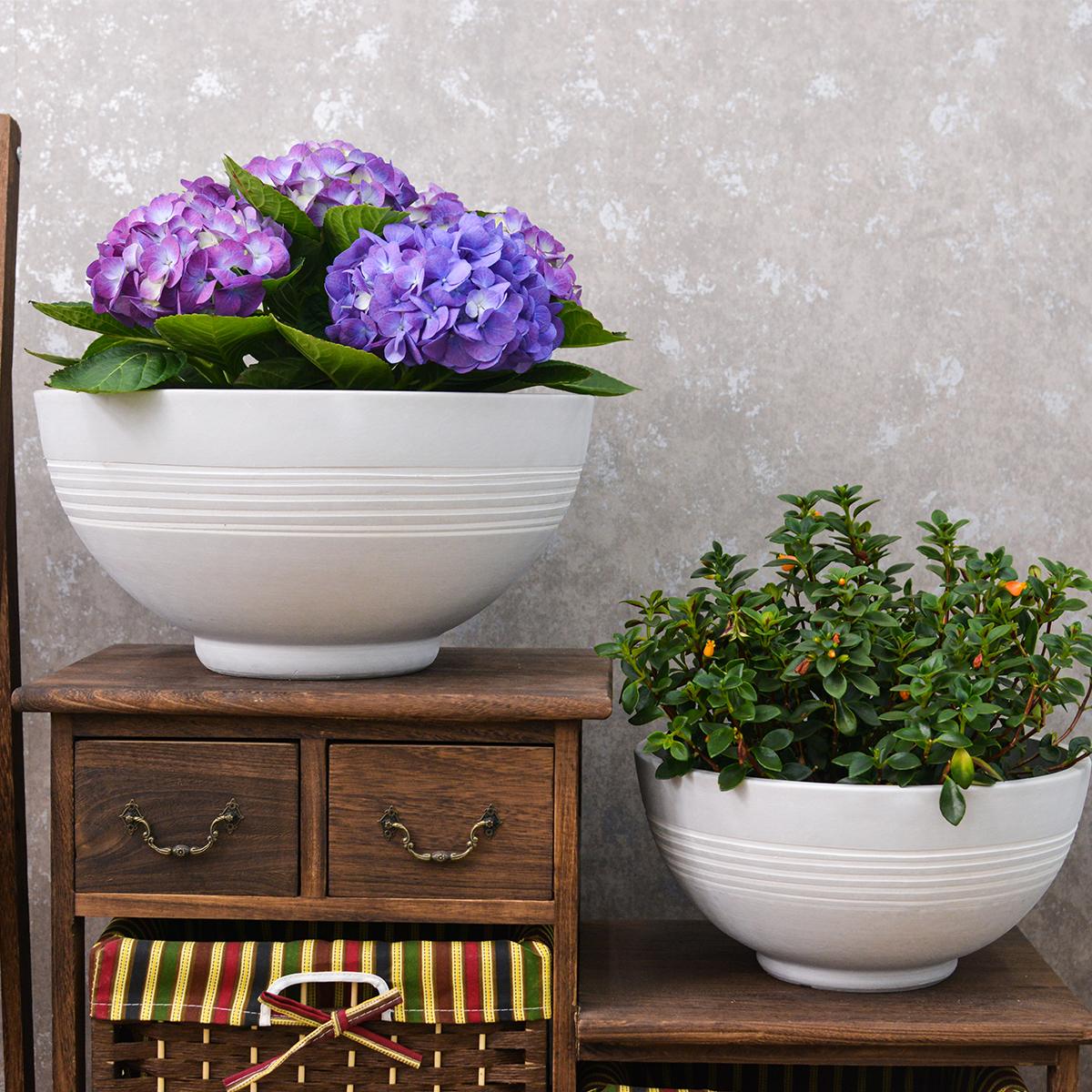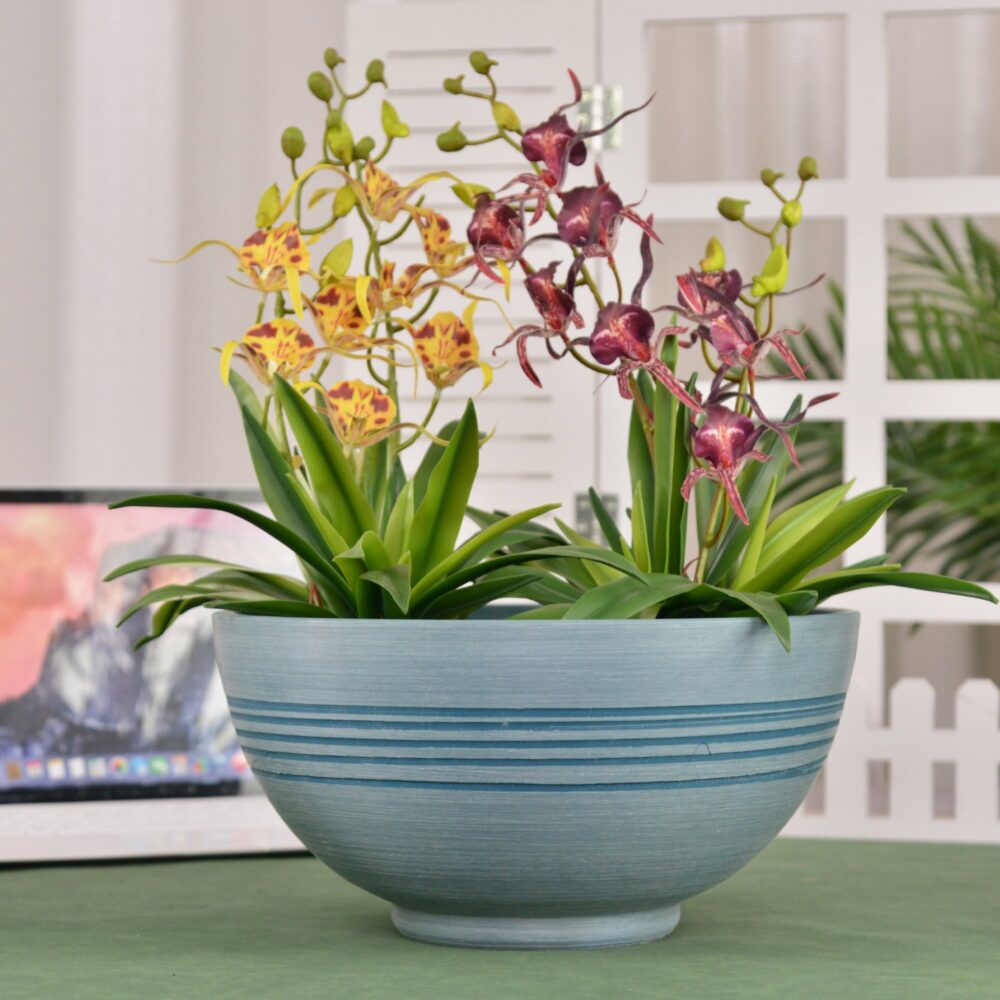Celebrate Earth Day: Eco-Friendly Gardening Tips for a Greener Thumb
Earth Day is the perfect time to reflect on our relationship with the planet and to adopt more sustainable practices in our daily lives, including in our gardens.Embracing eco-friendly gardening not only benefits the environment but can also lead to healthier plants and a more rewarding gardening experience. Here are some practical tips to make your garden greener this Earth Day and beyond:

1. Embrace Water-Wise Gardening:
Water is a precious resource, and efficient watering is key to an eco-friendly garden.
- Collect Rainwater: Install rain barrels to capture rainwater from your roof.3 This harvested water is naturally soft and free of chemicals, perfect for your plants.
- Water Deeply and Less Frequently: Encourage strong root growth by watering deeply but less often. This helps plants become more drought-tolerant.
- Use Soaker Hoses or Drip Irrigation: These methods deliver water directly to the roots, minimizing evaporation and water waste compared to overhead sprinklers.
- Mulch Generously: Apply a layer of organic mulch (like wood chips, straw, or shredded leaves) around your plants. Mulch helps retain soil moisture, suppress weeds, and regulate soil temperature, reducing the need for frequent watering.
- Choose Drought-Tolerant Plants: Select plants that are well-suited to your local climate and require less water once established. Native plants are often excellent choices.
- Water in the Early Morning or Late Evening: This minimizes water loss due to evaporation during the hottest parts of the day.
2. Compost Your Way to Healthy Soil:
Composting is a fantastic way to recycle kitchen scraps and yard waste into nutrient-rich soil amendments.
- Start a Compost Bin or Pile: Turn vegetable and fruit scraps, coffee grounds, tea bags, grass clippings, and dried leaves into valuable compost.
- Use Finished Compost: Incorporate compost into your garden beds and containers to improve soil structure, water retention, and fertility, reducing the need for synthetic fertilizers.
3. Go Organic with Pest and Weed Control:
Avoid harmful chemicals that can damage the environment and beneficial insects.
- Attract Beneficial Insects: Plant flowers that attract beneficial insects like ladybugs, lacewings, and parasitic wasps, which prey on common garden pests.
- Use Natural Pest Control Methods: Employ methods like hand-picking pests, using insecticidal soap, neem oil, or diatomaceous earth to manage infestations.
- Practice Companion Planting: Plant certain herbs and flowers alongside vegetables to deter pests naturally.
- Weed Manually: Embrace hand-weeding or use natural weed barriers like mulch and cardboard.
4. Welcome Pollinators to Your Garden:
Pollinators like bees, butterflies, and hummingbirds are crucial for a healthy ecosystem and the production of many fruits and vegetables.
- Plant Pollinator-Friendly Flowers: Choose a variety of flowers that provide nectar and pollen throughout the growing season. Opt for native flowering plants whenever possible.
- Avoid Pesticides: Pesticides can harm or kill pollinators.Stick to organic pest control methods.
- Provide a Water Source: Offer a shallow dish of water with pebbles for pollinators to drink from.

5. Embrace Native Plants:
Native plants are adapted to your local climate and soil conditions, requiring less water, fertilizer, and pesticides.
- Choose Plants Native to Your Region: These plants support local ecosystems and provide food and shelter for native wildlife.
- Reduce Your Environmental Impact: Native plants are naturally suited to your area, minimizing the need for supplemental care.
6. Reduce, Reuse, Recycle in the Garden:
Minimize waste by finding creative ways to reuse and recycle materials in your garden.
- Repurpose Containers: Use old buckets, tires, watering cans, or other household items as unique planters.
- Save and Share Seeds: Collect seeds from your plants to grow next year, and share them with fellow gardeners.
- Reuse Plant Markers: Make your own plant markers from old silverware, painted rocks, or repurposed plastic.
- Choose Sustainable Materials: Opt for tools and supplies made from recycled or sustainable materials.
7. Nourish Your Soil Naturally:
Healthy soil is the foundation of a thriving, eco-friendly garden.
- Avoid Synthetic Fertilizers: These can harm soil microbes and leach into waterways.Use compost and other organic matter to enrich your soil.
- Consider Cover Crops (for larger gardens): Planting cover crops in the off-season can help improve soil structure and prevent erosion.
By incorporating these eco-friendly gardening tips into your routine, you can celebrate Earth Day every day while creating a beautiful, healthy, and sustainable garden that benefits both you and the planet.
KC3-14A
By greenship|2024-08-16T06:26:30+00:00August 16, 2024|Categories: Hand-carving Series|
11V
By greenship|2024-08-13T03:05:48+00:00August 13, 2024|Categories: Hand-carving Series|
20YB
By greenship|2024-08-16T05:37:57+00:00August 16, 2024|Categories: Hand-carving Series|
GreenShip 27inch Tall Planters for Porch, Large Outdoor Planter Pots with Drainage Hole
By greenship-seo|2025-04-10T06:27:21+00:00April 7, 2025|Categories: Hand-carving Series|Tags: Decorative Flower Pots|
KC3-09k
By greenship|2024-08-16T06:24:36+00:00August 16, 2024|Categories: Hand-carving Series|
13 inch Planter for Indoor Plants, Set of 2 Modern Decorative Plant Pots with Drainage Hole, Cute Bowl Shape Flower Pots
By greenship-seo|2025-04-10T07:41:46+00:00January 10, 2025|Categories: Hand-carving Series|Tags: Decorative Flower Pots, Self-Watering Pots|






